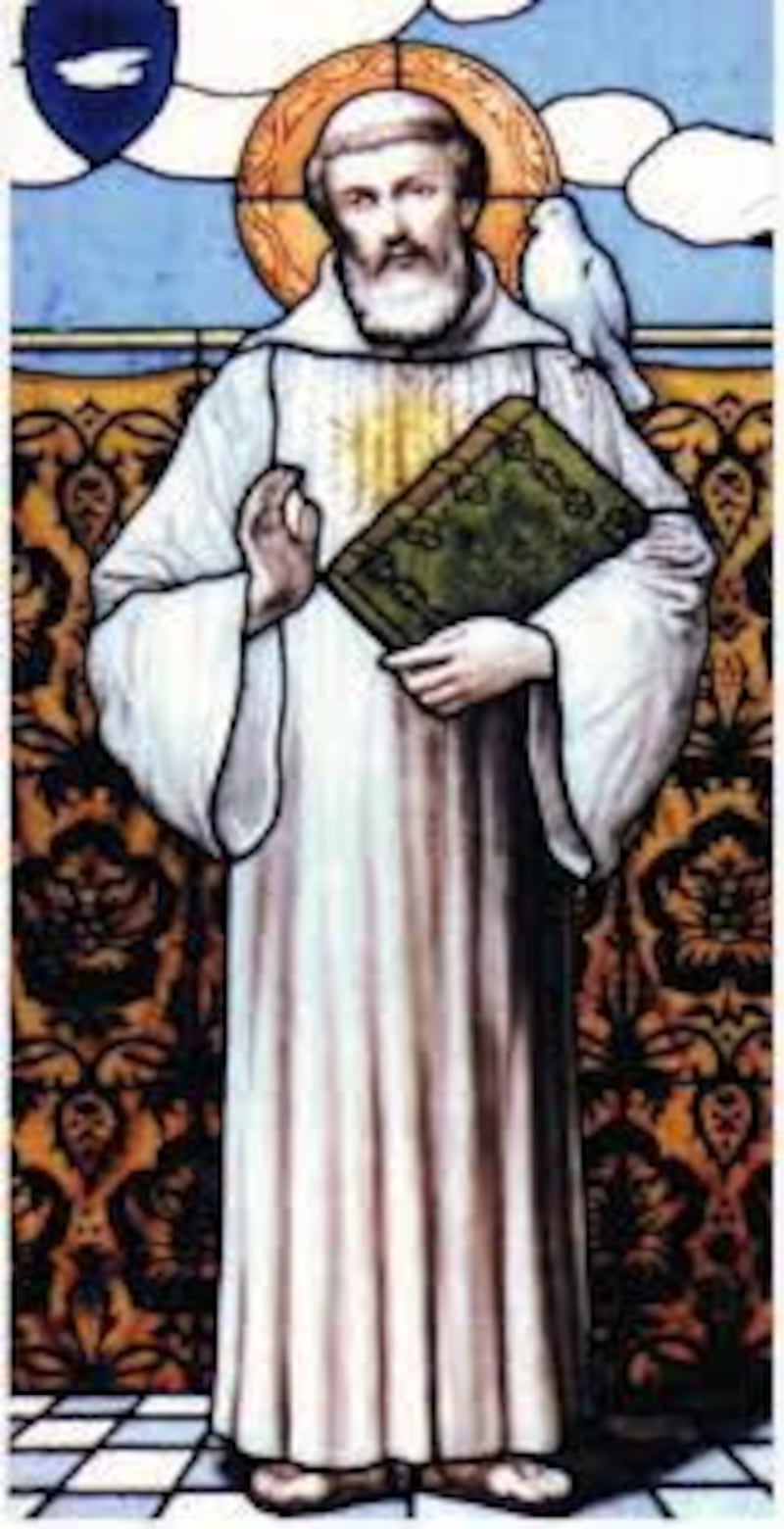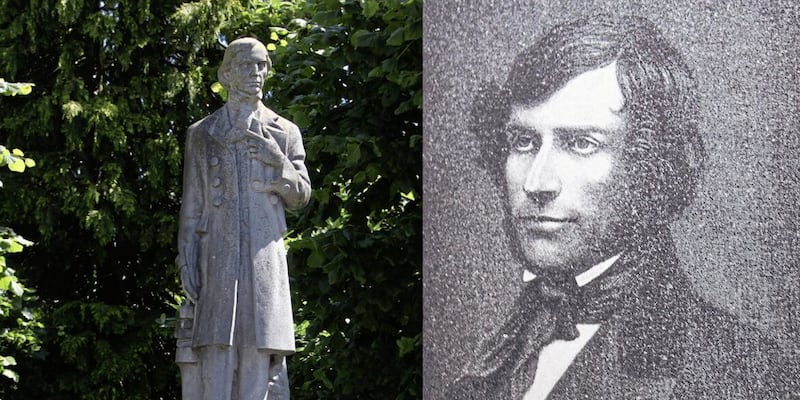Identity, identity, identity. How often are we told that Northern Ireland’s problem is that there are two communities here without a common identity?
Their own identity, of course, is broadly Irish or British, choosing one of the two islands. And increasingly there is a third community, of Alliance-type proportions, who don’t identify with either, biding their time and asking Dublin and London to prove their commitment.
Identity is usually something you are born with, that you feel more than what is on paper. Most people have no difficulty, owing to what they learn in the home or at school. But for myself, and many in the nominal Protestant community, it is an identifying problem: we started off British, because that’s where we paid our taxes and TV licences (and enjoyed their comedy) but since the right wing of the Tory party has taken over government, we’re looking for a home. (Yes, I have an Irish passport, used since the other one ran out.)
We’re certainly not going to find it in the main parties here, the DUP or Sinn Féin, who show little sign of moderating their distinct identities, and in the DUP’s case were treated to the government’s “Safeguarding the Union” deal, to get them back to Stormont. (A word of congratulation to the civil servant who came up with that title, answering every unionist’s prayer, even if few believe its worth or sincerity).
Until Brexit, and the death wish it inspired in the hearts of right-wingers everywhere, I could identify as a Good Friday Agreement advocate and European. (I learned lately that the first mention of Europe, as a concept, was by the Bangor evangelist Columbanus, whose monks founded 119 communities across the continent}
My experience as a European journalist, attending events with international colleagues, should have alerted me to the dangers of a winner-takes-all referendum. While the jokey Irish won friends everywhere, the English hung back, observing rather than participating. (On an educational bus trip, the Irish chairman discarded his dull brief about incoming investment and launched into “Galway Bay” to general delight).

So if we’re stuck with two communities holding not only to two identities, but identities which are diametrically opposed, there is no easy solution. We can be led by the motherland – and Dublin – to a Stormont compromise by the offer of safeguards, in words and cash, but almost the only thing the parties have in common is the politics of grievance.
The opening salvoes, as devolution is restored, were always going to be about the money: it’s not enough, we need more, and how is it to be distributed, when everyone has a good case to argue. At least the politicians, not the civil servants, are in charge, and in lieu of a common identity, a common demand on the British Treasury will have to do.
For sure, every decision will be weighed for its nationalist or unionist bias, much more than for its fairness between rich and poor. Those who think of themselves as British must listen to Westminster comparing their lot, in terms of rates, water charges and transport fares, with the mainland British, just as nationalists will be faced with Irish extras on taxes, doctors’ appointments, waste collection and housing shortages.
My own identity has been sorely tested lately by reading another Irish history book by Australian author of Schindler’s Ark (List, in the film) to go with Year of the French, about the brief 1796 invasion. I knew that ancestors on my mother’s side, the Dicksons, were liberal minded non-conformist Presbyterians close to the Rev John Mitchel, a United Irishman of 1798 and Newry-based father of the Irish patriot John Mitchel, of Jail Journal fame.
A lawyer who had gained a reputation for defending Catholic tenants, Mitchel was so shocked by scenes of starvation in the potato famine that he turned into a firebrand journalist and agitator, plotting revolution. Nothing came of it, but his editorials earned him 14 years exile in Tasmania, followed by a daring escape to America and more agitation in New York, this time in favour of… slavery.

So a distant cousin, a favourite sister of whom married a Dickson, was against abolition and lost two sons in the Civil War fighting on the Confederate side. There is a letter from a young cousin, a pork trader, who witnessed a Mitchel lecture in America, but didn’t bother pushing through the crowds to meet him.
Anyway, his attempt to go back to nature in Tennessee failed, as well as a bid for a Russian invasion of Ireland, and he needed a fundraiser to go back to Paris and Newry before dying at 69. A hero to republicans, omitting the slavery aberration, but I have to feel his heart was in the right place.
For myself, and many in the nominal Protestant community, it is an identifying problem: we started off British, because that’s where we paid our taxes and TV licences but since the right wing of the Tory party has taken over government, we’re looking for a home
So how to place my identity, seeing that a closer relation whose father had emigrated to Charleston was in command of a company of the British army in the US War of Independence. The story is that his fellow soldiers were so worried about his recklessness that somehow he was shot dead (from behind?) before the Bunker Hill battle.
The lesson may be that Ulster Protestants have a much more difficult job finding an identity that works for them than Catholics, who may have simpler names, history and causes to look back on. Don’t blame Ulster Scots too much for being insecure, thrawn and pessimistic about their long-term future in the union – they have good reason to be.


